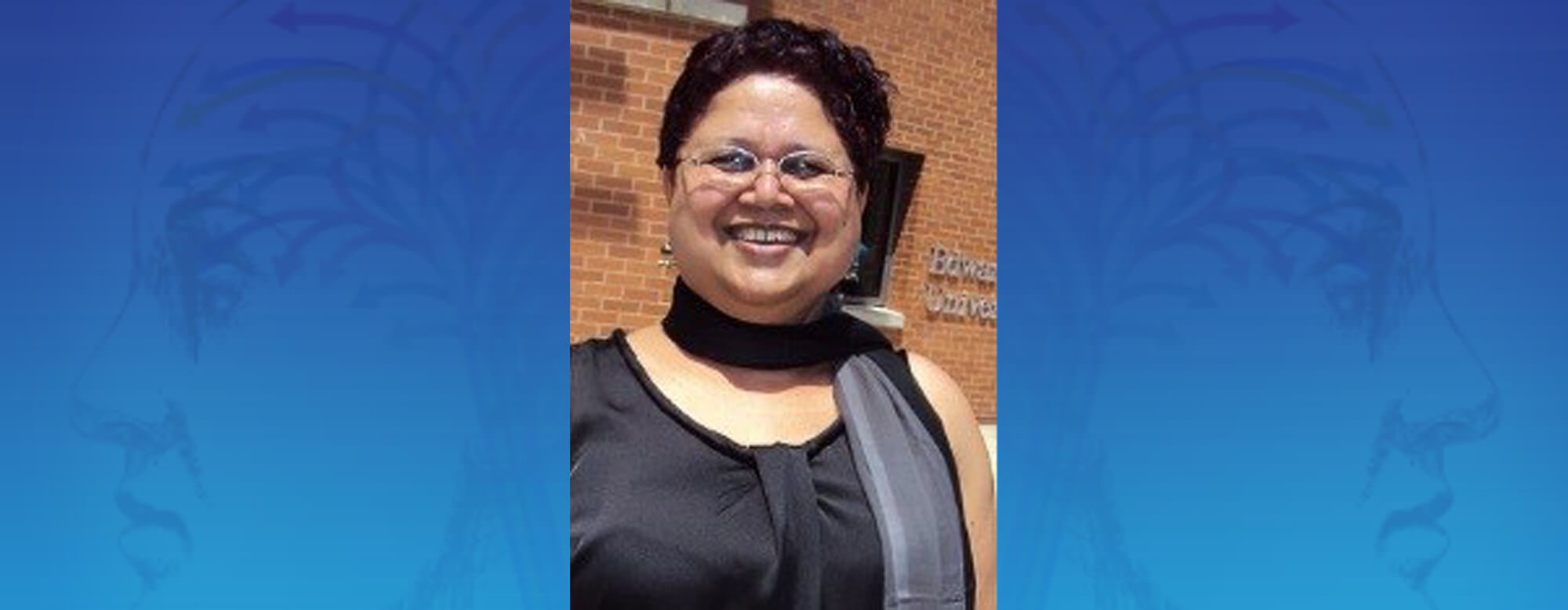Dr. Satwant Kaur, President of Integrated Behavioral Health, LLC Inc. (www.integratedbh.com), is leading the Intensive Outpatient Drug Rehabilitation Program (IOP) at Mission of Love Charities. The program spans 16-weeks and is designed to help the homeless achieve sobriety and recovery and obtain housing. Dr. Kaur is a Ph.D. Clinical Psychologist who graduated from Catholic University. She has spent 15 years in the field of addictions therapy and drug rehabilitation. “I have an educational background in substance abuse. I started in India working in local and state agencies. I worked for Unicef to help children and families,” said Dr. Kaur.
For many, the root cause of homelessness is addiction to drugs and alcohol. At Mission of Love Charities, Dr. Kaur facilitates the IOP program that is helping to get drug addicted adults off the streets by first achieving sobriety. These adults are motivated to be sober because they will be rewarded with housing and other benefits which Mission of Love Staff -including Greg Torrence, Michelle Person and Yessica Molina – are assisting them in receiving.
Dr. Kaur’s methods for teaching the class are based on the Matrix, a nationally recognized program that achieves results. Kaur started her own company, Integrated Behavioral Health Services, because she was disappointed in the results that agencies she worked for were getting with their programs. In many cases, relapse into substance abuse was too common and Dr. Kaur believes she can do better than this.
Her program consists of focusing on the individual person and using a cognitive behavioral approach to drug abuse, to end the cycle of addiction. Dr. Kaur believes in educating the individual about the health and social impacts of drug and alcohol abuse. “People must be engaged because they want to come,” said Dr. Kaur. “I work with people at the speed which they are recovering,” she added.
The reason for the 16-week period of the program is because it follows the addict through the four phases of recovery, which occur over a lapsed period of time. The first stage is withdrawal and triggers that make participants want to use substances. The second phase is the honeymoon phase following withdrawal, in which participants are clean and feeling good about themselves. Often this phase is a realization that self-discipline must come into play to remain sober. The third phase is the wall. This is, “When they relapse. They either pull themselves together and keep on the path of recovery. Or, maybe drop out of the program because they don’t trust themselves. It’s harder to cross this phase,” said Dr. Kaur. Phase four is recovery. It takes eight months to one year to fully recover after the final phase is reached, according to Dr. Kaur.
Throughout the 16-weeks participants are constantly challenged with exercises designed to make them more aware of their habits and how to overcome their addictions. “The first three weeks are the hardest because they are very defensive,” says Dr. Kaur. But as they are fed information about the dangers of smoking, for instance, they begin to open up and share more. “People begin to make comments and start interacting with me and one another. They feel comfortable and joke around with each other,” observes Dr. Kaur.
When the 16-week period ends, Kaur looks carefully at class attendance and participation. She also carefully examines the results of drug and alcohol tests that are given periodically throughout the class. “I am part of the decision of whether they graduate depending on all of the data for drug and alcohol testing. I want to see a change in test results. There must be a progression,” said Dr. Kaur.
The program works alongside of Mission of Love Charities’ objectives. Participants are assisted in obtaining identification and enrolling in Medicaid, SNAP and housing programs. Team members even help with transportation in some instances. “The employees and the CEO are all so responsive. It works very well as a team when everyone works together and monitors peoples’ growth,” said Dr. Kaur. “I wish all of my collaborations were like this,” she added.
“We are partners in this program. The goal is to provide help and hope,” Deborah Martinez, CEO states.
Currently, seven adults are in the program. If they attain sobriety, they receive housing, a big motivator for doing the IOP program in the first place. “If there is some benefit to them, they learn something,” said Dr. Kaur. “Working together we all support this population,” remarked Dr. Kaur, who is hopeful all seven adults graduate to recovery.
More News
Greater Baden Medical Services and Mission of Love Charities Partner to Enhance Healthcare and Social Services in Prince George’s County
March 22, 2024
GBMS and MOLC partner to expand health and social services in Prince...
Read moreNewsletter – Issue 1 | 2024
February 1, 2024
Check out the newest edition of the MOLC newsletter!
Read moreJoin the movement “Give Today to Give Hope to Others Tomorrow!
November 28, 2023
This Giving Tuesday, we are urging you to join us in our endeavors by...
Read more